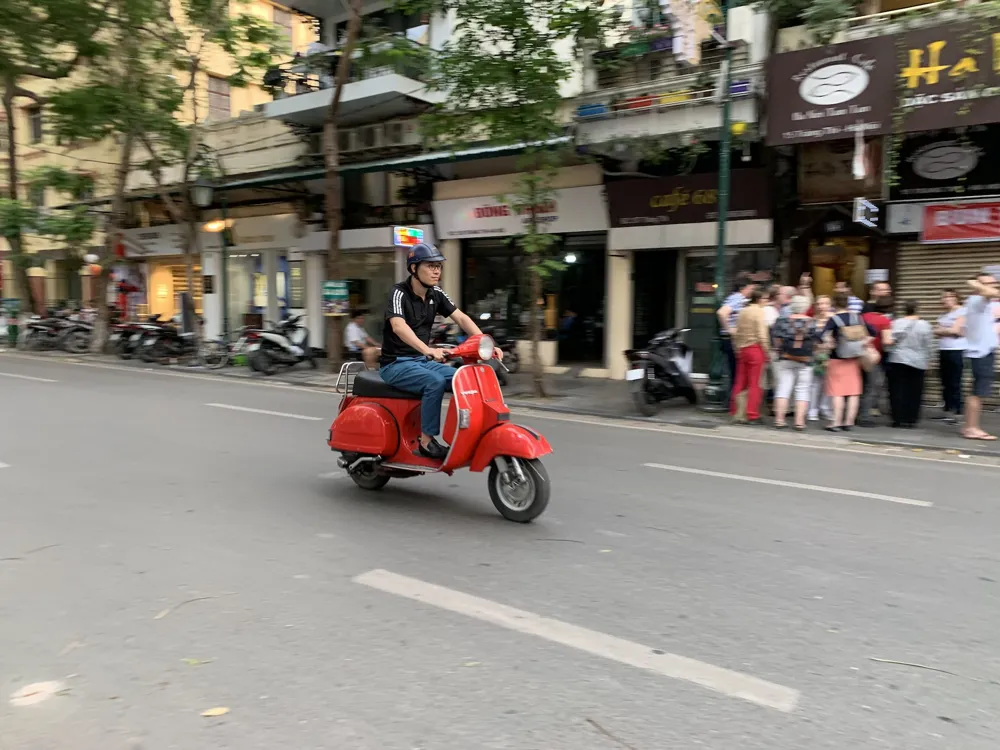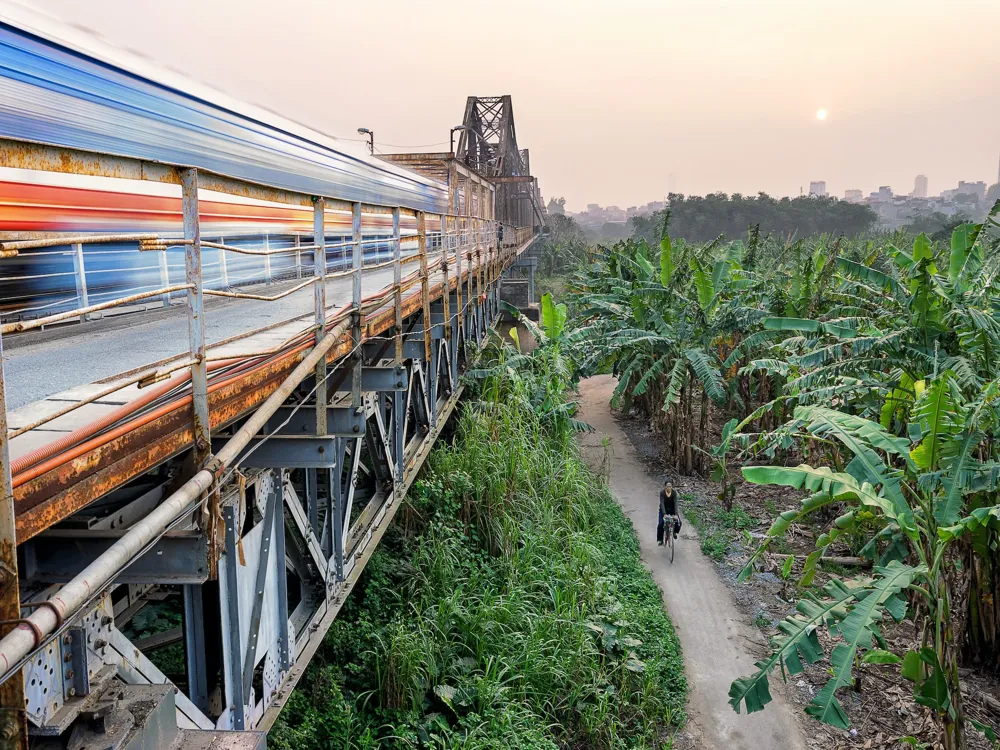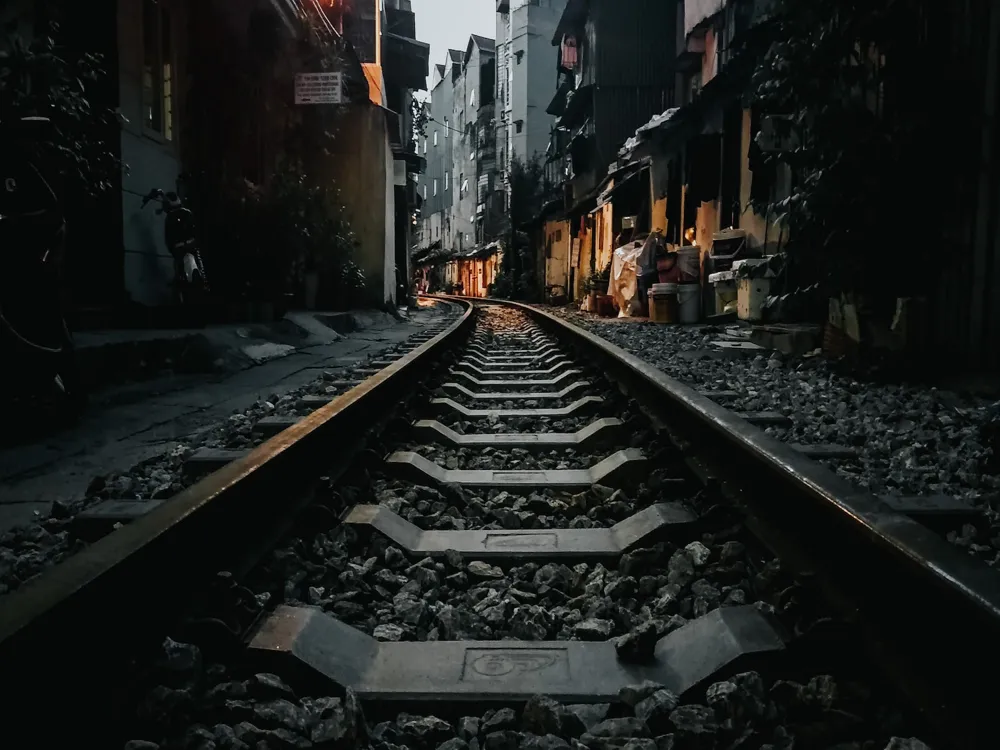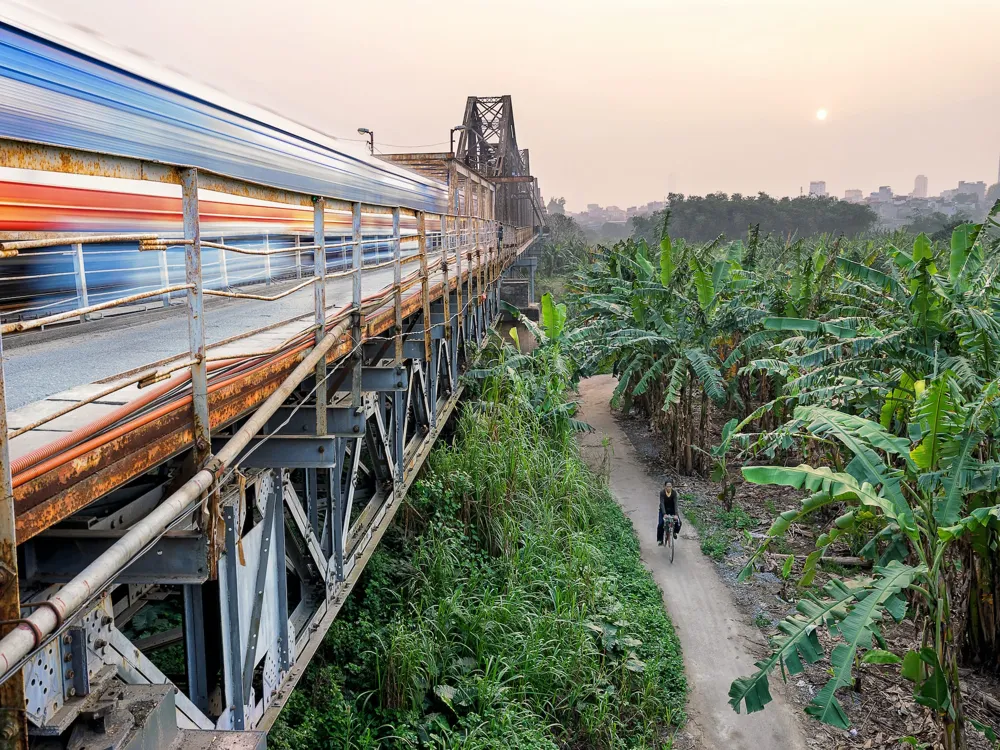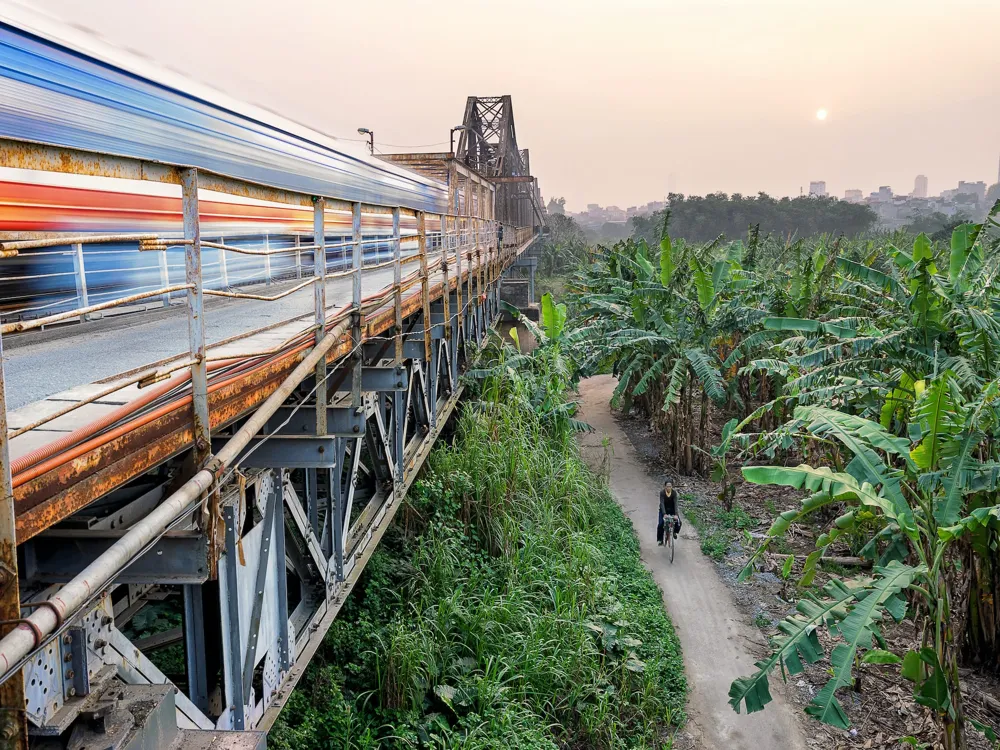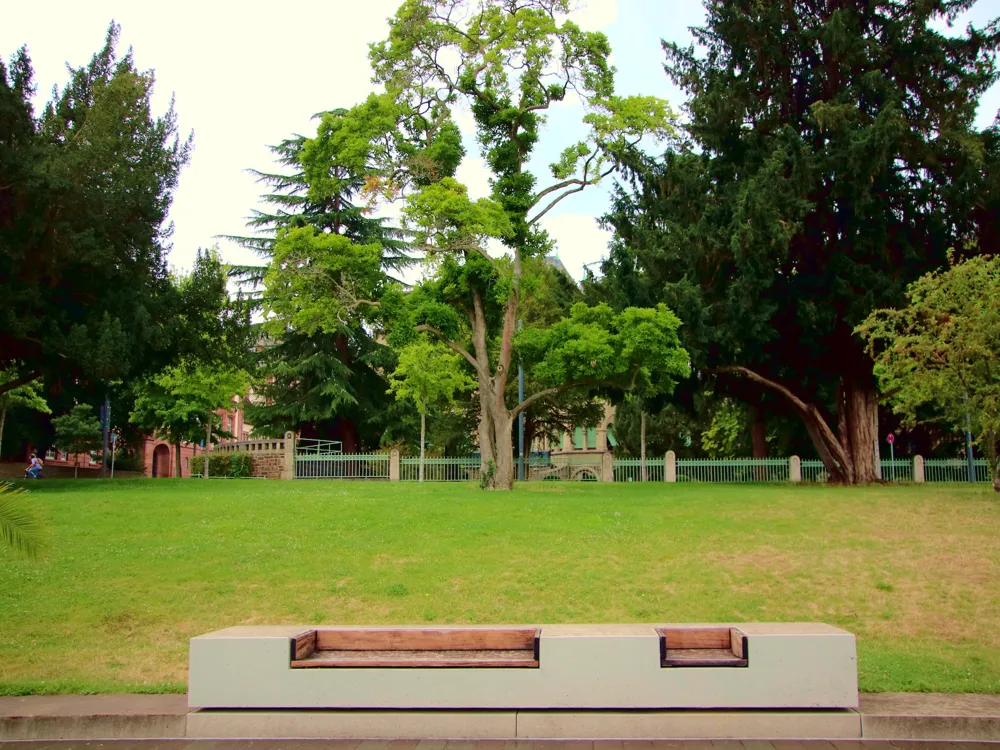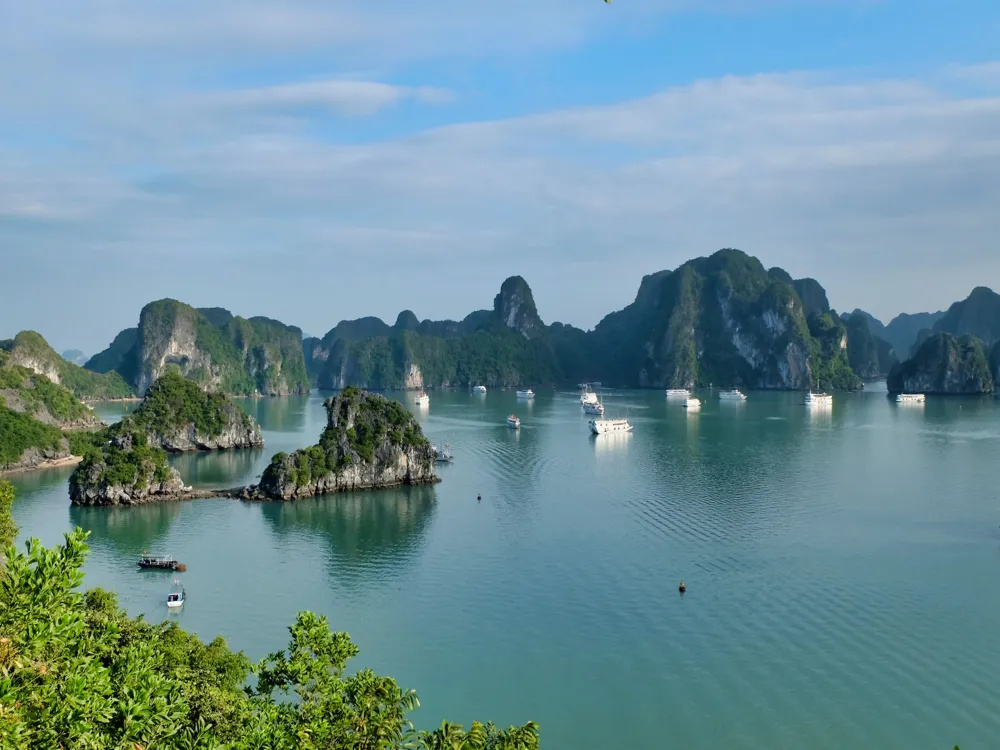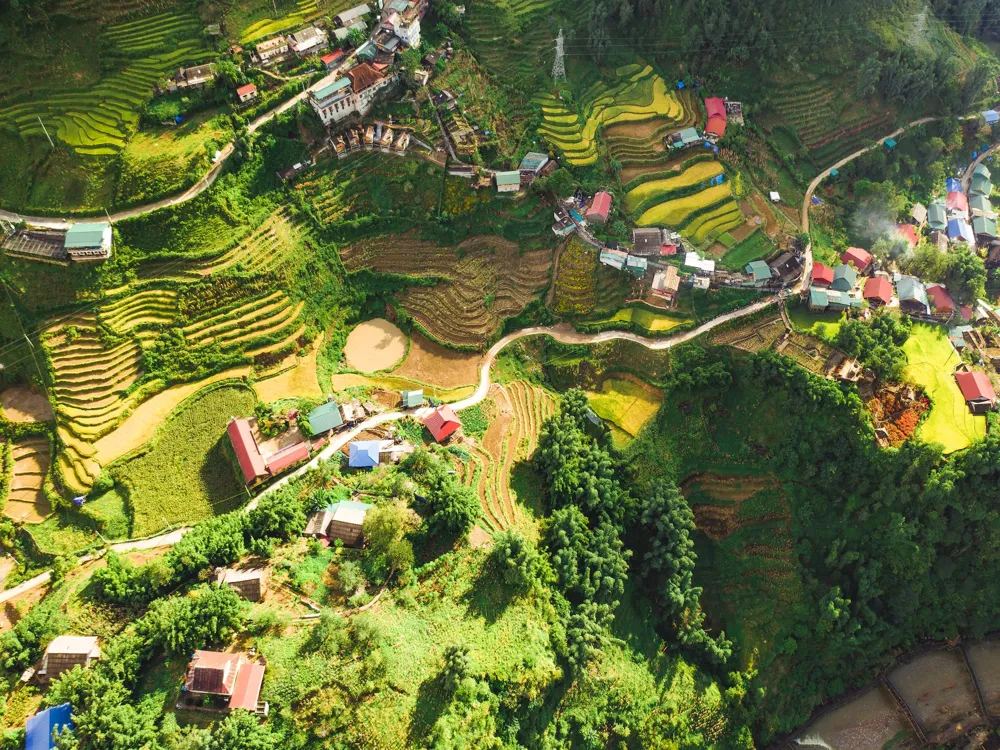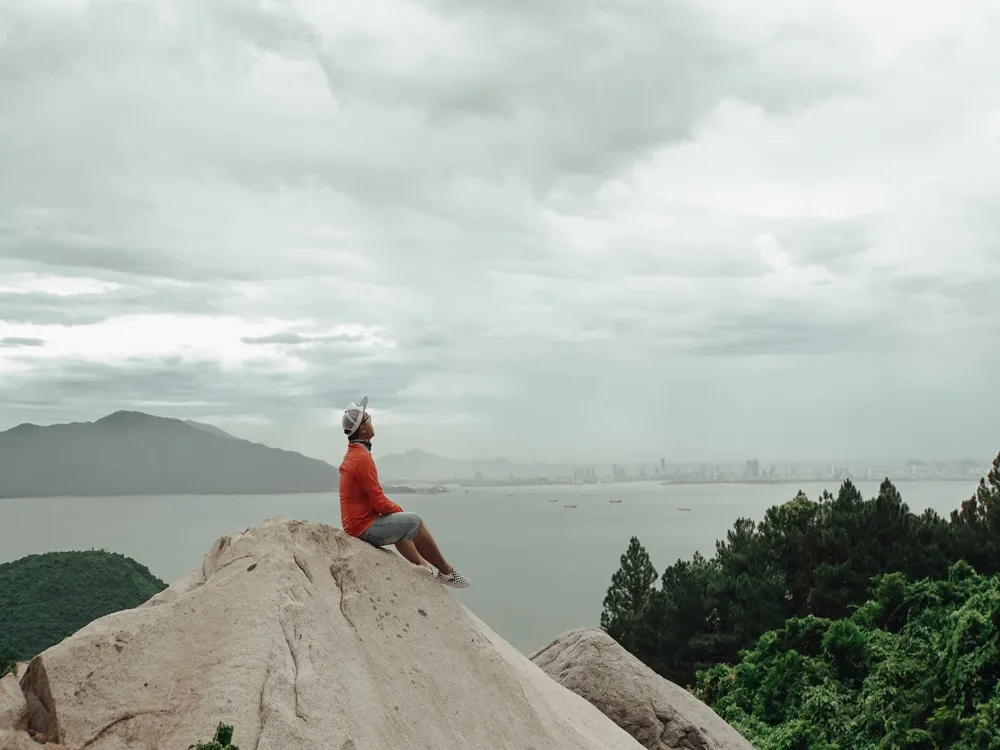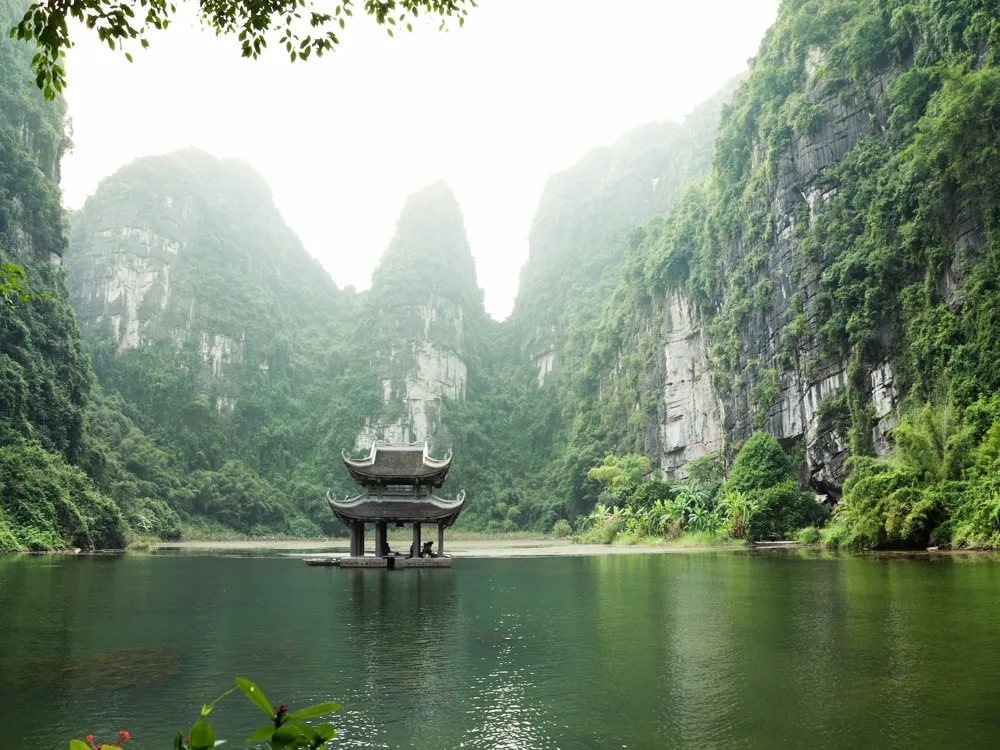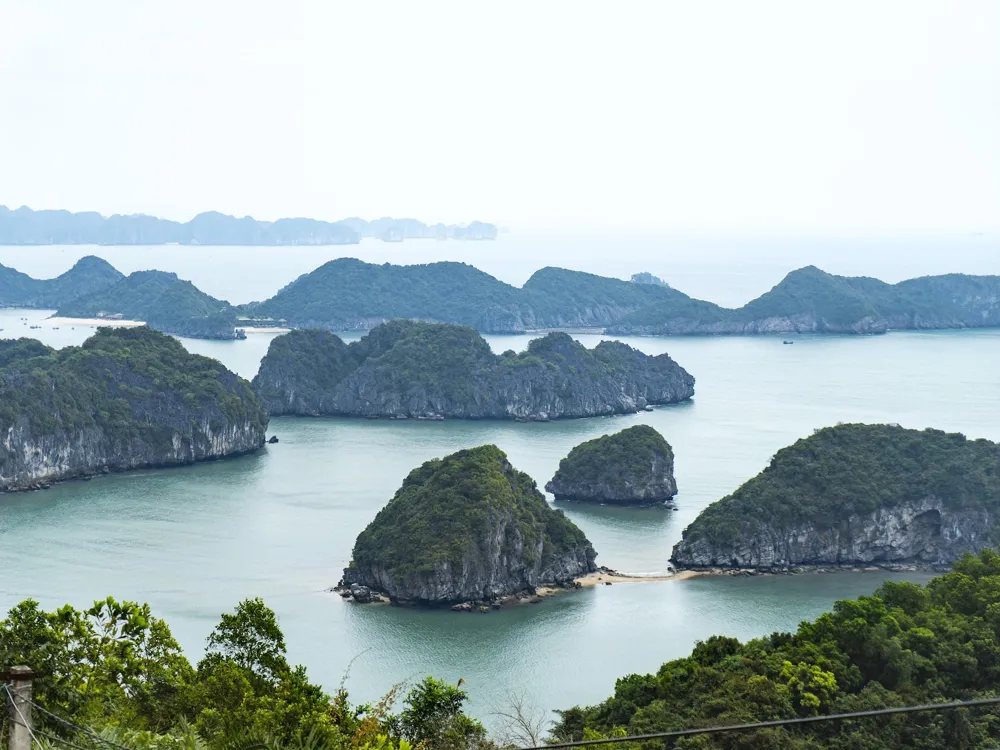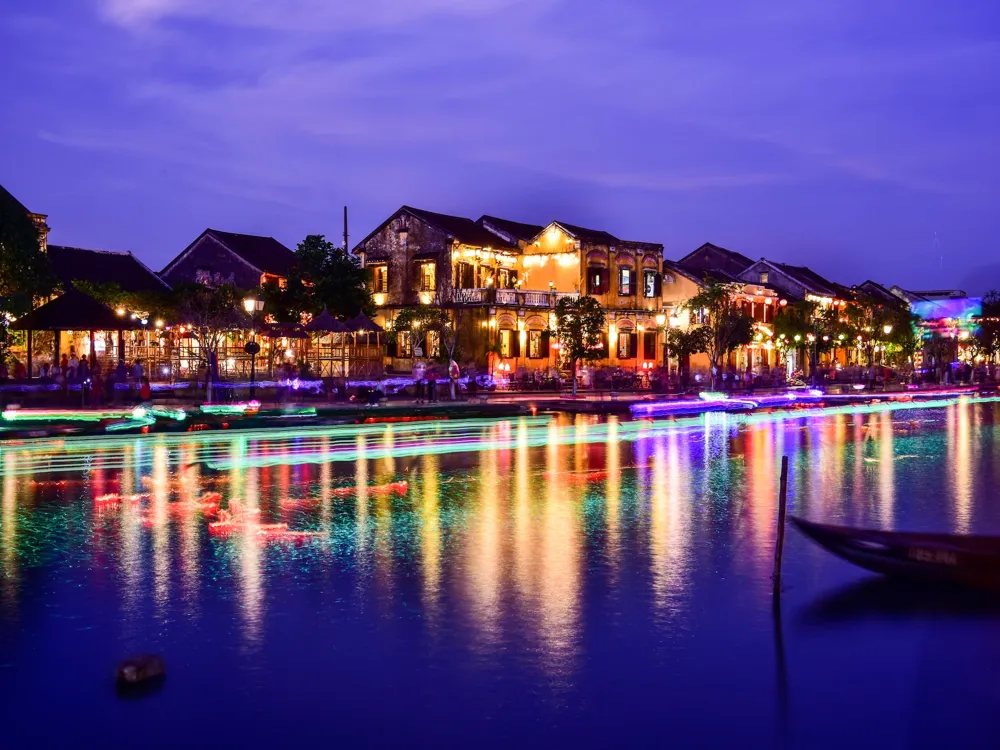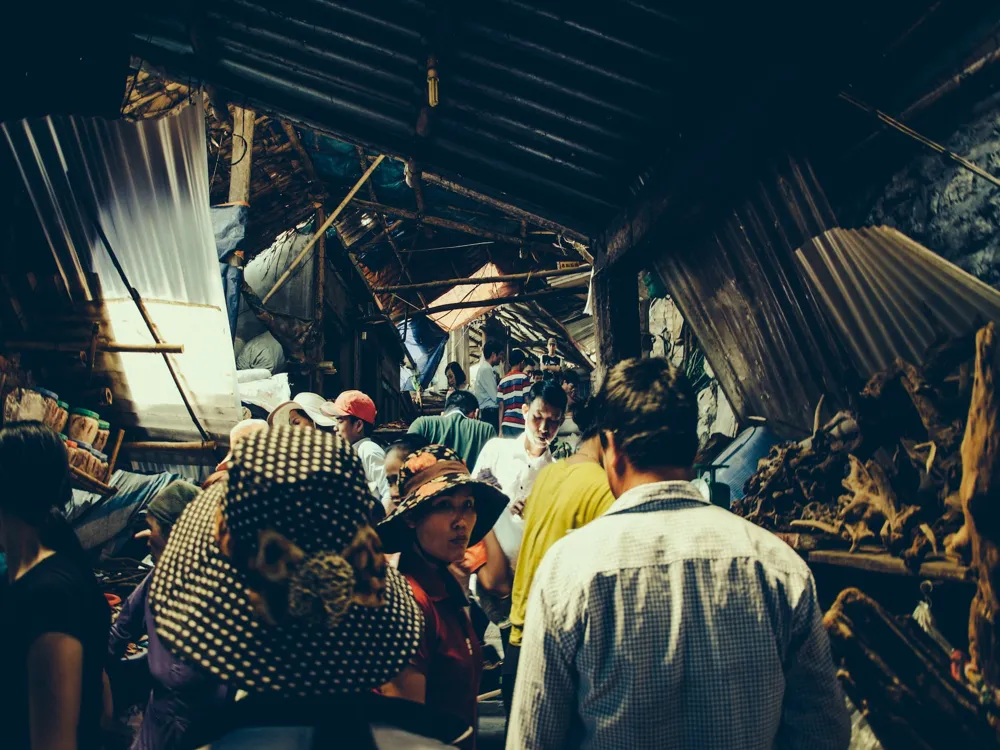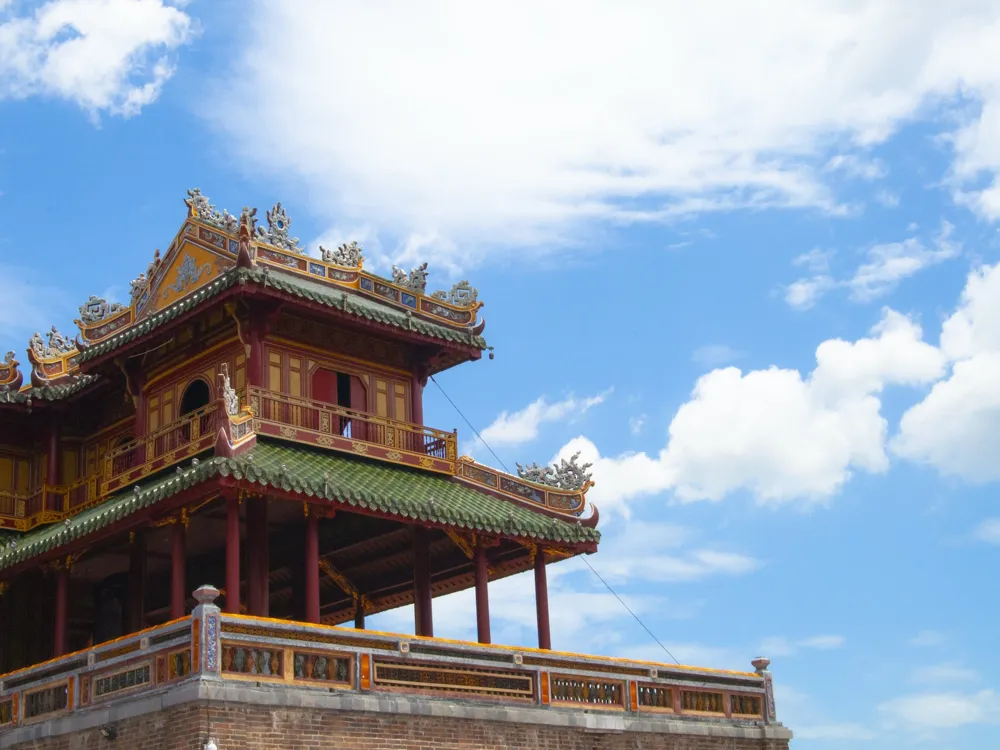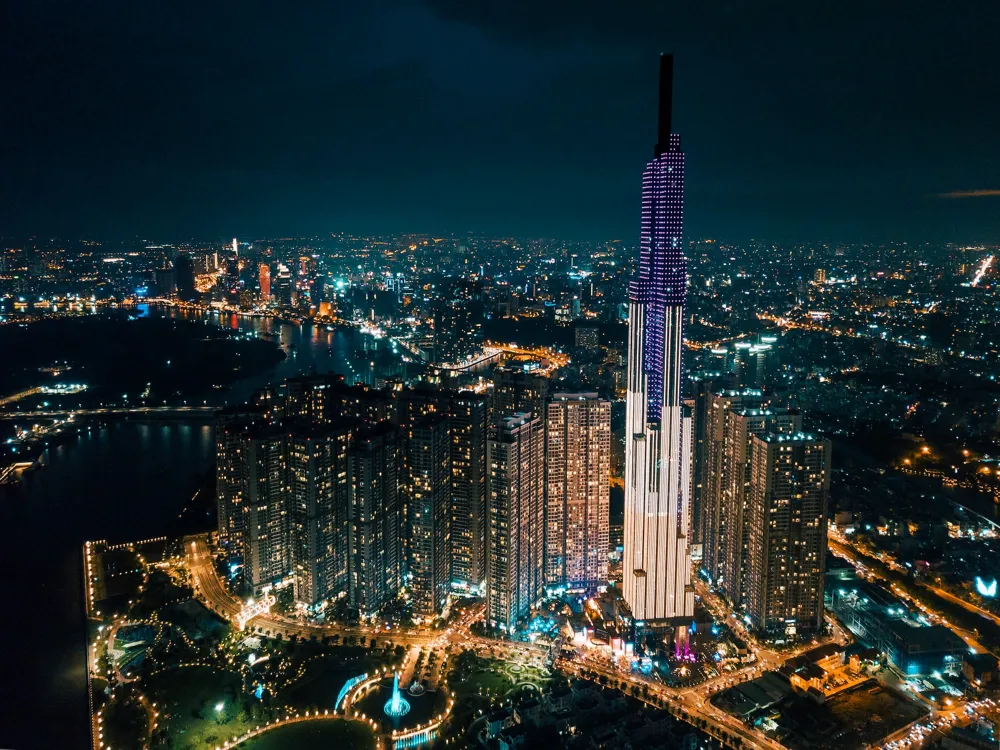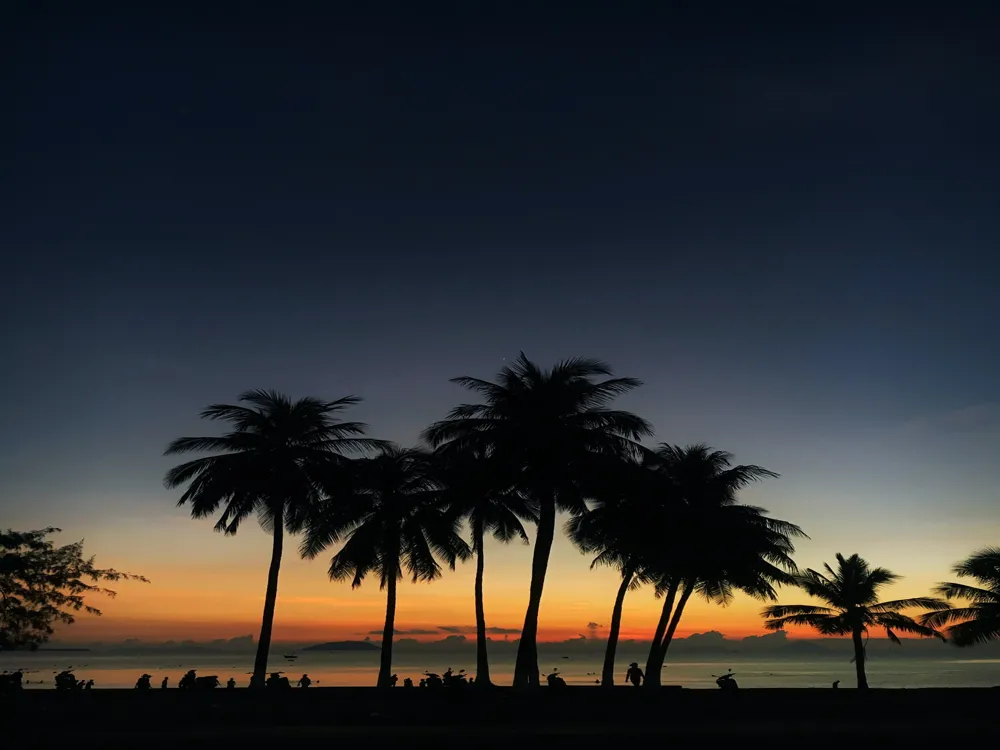West Lake, or Ho Tay, is the largest freshwater lake in Hanoi, Vietnam. It's a popular spot for locals and tourists alike, offering a serene escape from the bustling city streets. The lake spans over 500 hectares and is surrounded by gardens, hotels, restaurants, and other cultural sites, making it a versatile destination for various activities and experiences. In this comprehensive guide, we delve into the unique charm and history of West Lake, exploring its natural beauty, cultural significance, and the myriad of activities it offers. West Lake holds a special place in the history of Hanoi. With its origins dating back thousands of years, the lake has witnessed numerous historical events and transformations. It has been a source of inspiration for poets and artists throughout the ages and continues to be a symbol of the city's rich cultural heritage. We'll explore the historical landmarks surrounding the lake and their significance in the tapestry of Hanoi's history. The origins of West Lake are steeped in legend and folklore. According to local mythology, the lake was formed when the Dragon King Lac Long Quan drowned a wicked fox spirit, which had been terrorizing the locals. This story is just one of the many tales that contribute to the mystique of West Lake. Archeological findings in the area suggest that the lake has been a significant landmark since the Bronze Age, playing a crucial role in the development of ancient Hanoi. Throughout its history, West Lake has been a favored location for the Vietnamese elite and royal families. During the Ly and Tran dynasties, it was a popular recreational spot for the emperors, who built palaces and temples along its shores. The French colonial period saw the addition of grand villas and embassies, further enhancing the lake's prestige. These historical buildings, blending Vietnamese and French architectural styles, add a unique character to the lake's surroundings. West Lake is surrounded by important cultural and religious landmarks, including ancient pagodas and temples. The Tran Quoc Pagoda, the oldest pagoda in Hanoi, sits on a small island in the southeastern corner of the lake. Another notable site is the Quan Thanh Temple, dedicated to a revered Taoist god. These sites are not only architectural marvels but also provide a glimpse into the spiritual life and traditions of the Vietnamese people. The architecture around West Lake is a harmonious blend of historical and contemporary styles, reflecting the diverse periods of Hanoi's development. From ancient temples to modern luxury resorts, the area showcases a rich architectural tapestry that tells the story of the city's evolution over centuries. In this section, we take a closer look at the architectural highlights that adorn the shores of West Lake and what makes them unique. The area around West Lake is dotted with ancient pagodas and temples, each with its own unique history and architectural style. The Tran Quoc Pagoda, dating back over 1500 years, is a prime example of traditional Vietnamese Buddhist architecture. Its iconic red stupa, intricate wood carvings, and serene setting make it a must-visit landmark. Similarly, the Quan Thanh Temple, with its impressive bronze statue and Taoist motifs, offers a different yet equally fascinating architectural experience. The French colonial influence on the architecture around West Lake is undeniable. Elegant villas, embassies, and buildings exhibiting French architectural styles are scattered around the lake. These structures, often characterized by their spacious balconies, large windows, and lush gardens, provide a glimpse into the colonial era of Hanoi. The seamless blend of French and Vietnamese elements in these buildings creates a unique aesthetic that adds to the charm of West Lake's surroundings. In recent years, West Lake has seen the development of modern residential areas, luxury hotels, and resorts. These contemporary structures are designed with an emphasis on sustainability and harmony with the natural environment of the lake. The result is a striking contrast between the old and new, where modern amenities coexist with historical sites, offering visitors a comprehensive experience of Hanoi's architectural diversity. Planning a visit to West Lake? To make the most of your trip, it's important to be well-prepared. Here are some essential tips and recommendations for visiting West Lake, covering everything from the best time to visit to local etiquette and must-try activities. The ideal time to visit West Lake is during the spring (February to April) and autumn (September to November) months. During these periods, the weather is mild, and the natural scenery around the lake is at its most beautiful. Avoid the hot and rainy summer months, as they can make outdoor activities less enjoyable. When visiting West Lake and its surrounding temples and pagodas, it's important to respect local customs and etiquette. Dress modestly, especially when entering religious sites. Also, be mindful of local traditions and practices, such as removing your shoes before entering a temple and refraining from loud conversations in these serene environments. West Lake offers a wide range of activities for visitors. Enjoy a leisurely walk or bike ride around the lake, indulge in a traditional Vietnamese meal at one of the lakeside restaurants, or take a boat ride to explore the lake's beauty from a different perspective. For a more cultural experience, visit the ancient pagodas and temples to learn about Vietnam's rich history and spiritual traditions. West Lake is easily accessible from different parts of Hanoi. You can take a taxi, a motorbike, or use the public bus system to reach the lake. The lake is also a popular destination for cycling, and many hotels and hostels offer bike rentals for visitors looking to explore the area on two wheels.Discover the Enchanting West Lake of Hanoi
The Historical Significance of West Lake
Ancient Origins and Legends
Role in Imperial and Colonial History
Cultural and Religious Landmarks
Architectural Wonders of West Lake
Ancient Pagodas and Temples
Colonial Architecture
Modern Developments and Resorts
Visiting West Lake: Essential Tips and Recommendations
Best Time to Visit West Lake
Local Etiquette and Customs
Activities and Experiences
How to Reach West Lake
West Lake
Hanoi
₹ 15,260 onwards
View hanoi Packages
Weather :
Tags : Lake
Timings : All Day
Entry Fee : No Entry Fee
Planning a Trip? Ask Your Question
Also Refered As:
Tay Ho Lake
Hanoi Travel Packages
View All Packages For Hanoi
Top Hotel Collections for Hanoi

Private Pool

Luxury Hotels

5-Star Hotels

Pet Friendly
Top Hotels Near Hanoi
Other Top Ranking Places In Hanoi
View All Places To Visit In hanoi
View hanoi Packages
Weather :
Tags : Lake
Timings : All Day
Entry Fee : No Entry Fee
Planning a Trip? Ask Your Question
Also Refered As:
Tay Ho Lake
Hanoi Travel Packages
View All Packages For Hanoi
Top Hotel Collections for Hanoi

Private Pool

Luxury Hotels

5-Star Hotels

Pet Friendly







